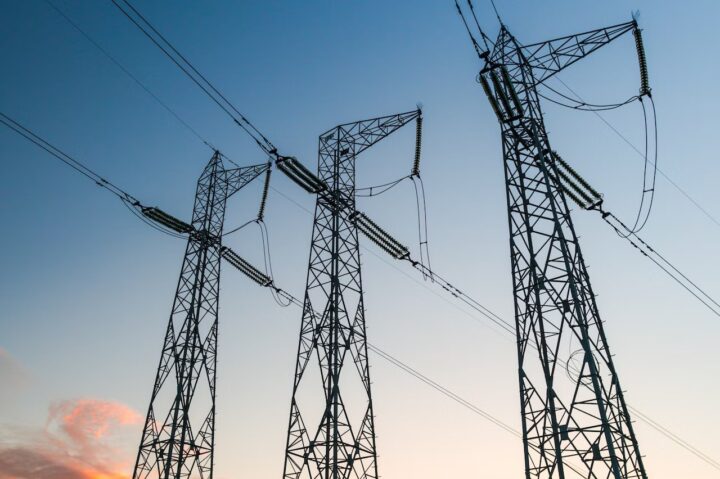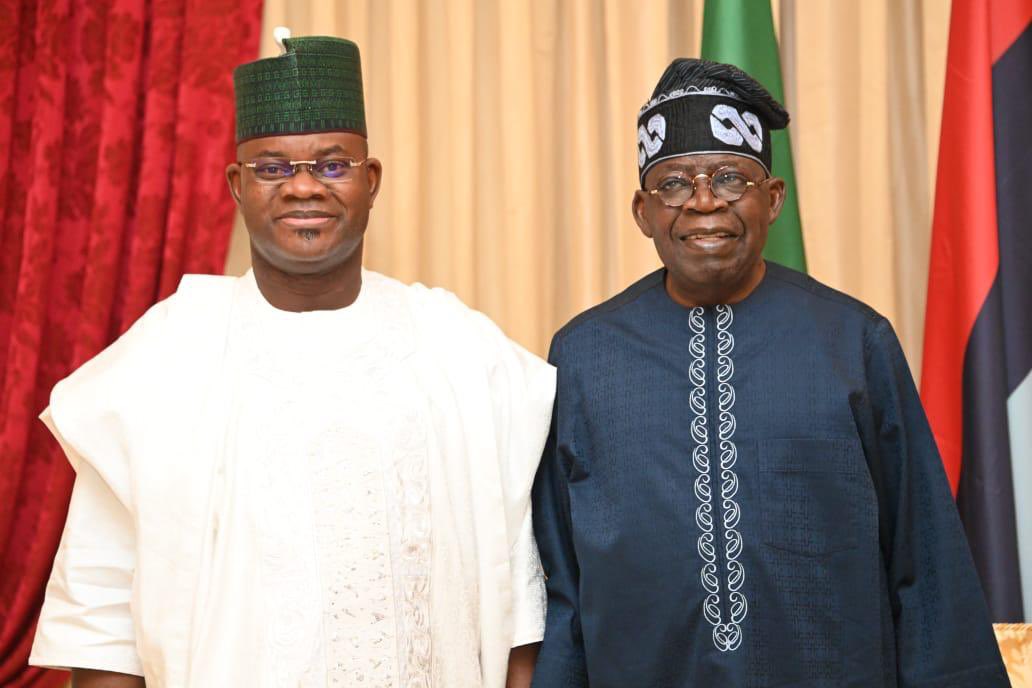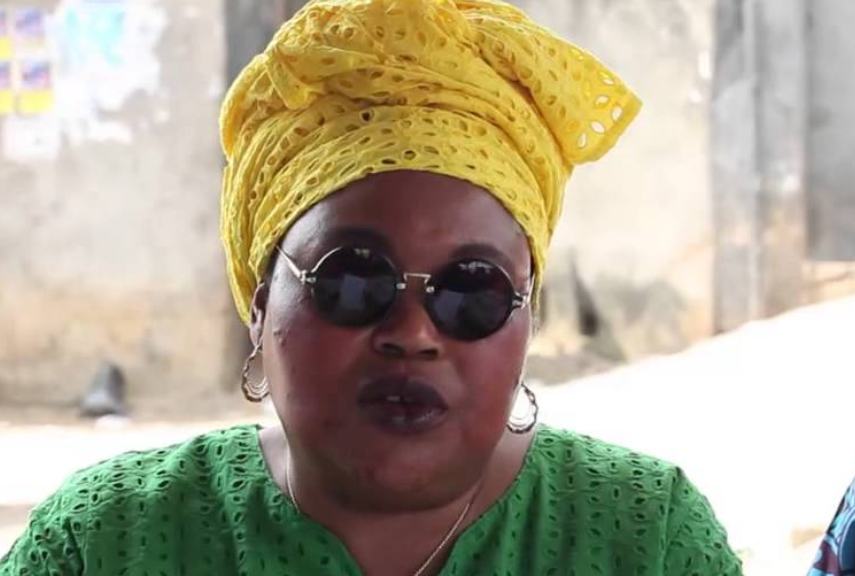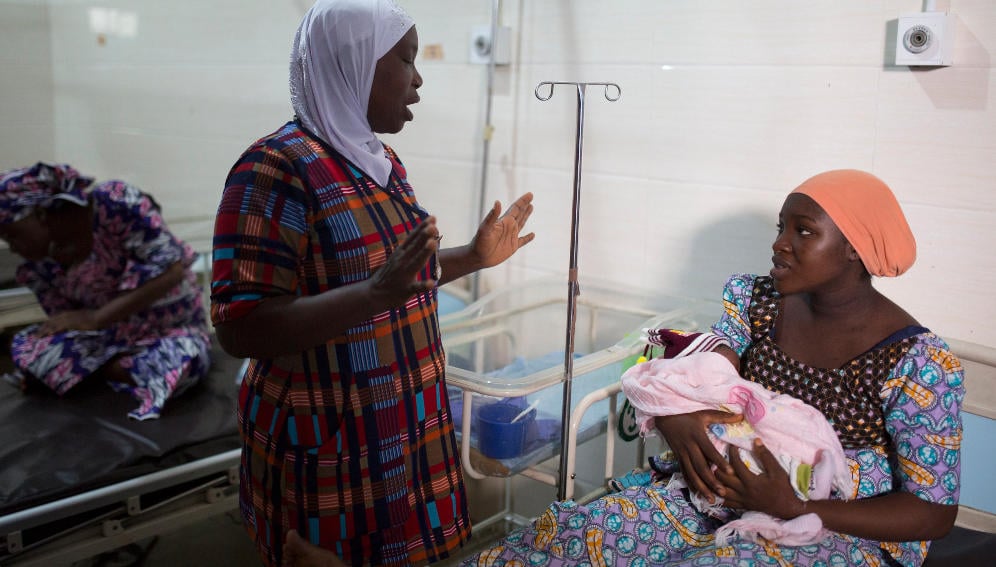BY UCHE ANICHE
With the recent increase in tariff by the federal government and subsequent reversal order by National Electricity Regulatory Commission, it’s now visible and clear to the blind and very loud to the deaf that the power privatisation of 2013 was bound to fail.
It’s hardly debatable that power is Nigeria’s single most important economic development blocker. Since independence, Nigeria’s quest for economic growth has been greatly hampered by her inability to generate, distribute and sustain adequate electricity to power industries and create much needed jobs.
All attempts at solutions by successive administrations have been nothing but colossal failure. Despite efforts started by the President Olusegun Obasanjo administration (and continued by successive ones) Power generation continues to hover around 4,500 MW which sadly still can’t be efficiently evacuated. Nigeria needs about 30,000 MW (as per expert estimates) to stand a chance of becoming a top six global economy by 2070.
Advertisement
The major challenge with Nigeria’s Power industry can be summed up in three words namely inefficiency (decaying infrastructure, poor revenue collection for energy supplied and wrong policies), insincerity (corruption driven decisions and political will to deal with the issues head-on) and unpatriotism (lots of people are more interested in what they can get than what they can help the country achieve).
Recently, the federal government approved a hike in electricity tariffs for those classified as Band A or affluent customers. While the majority of Nigerians kicked against it, the Government insists it’s the only way to guarantee improvement only to recently reverse itself via an order by Nigeria Electricity Regulatory Commission (NERC) asking DISCOs to downgrade any feeder who consistently gets less than 20 hours daily supply for seven days cumulatively.
The two major opposition parties through their presidential candidates in the recently concluded general election are however divided in their positions. Atiku Abubakar of the People’s Democratic Party (PDP) opposed the policy and condemned it completely stressing that it will worsen the existing hardship being faced by Nigerians. He lamented that the Government is yet to deal with the pains arising from her other policies and now implementing yet another. On his part, Peter Gregory Obi of the Labour Party welcomed the idea insisting that it’s better for the rich to pay more but faulted the timing.
Advertisement
However, none of the opposition candidates dealt with the real issues bedeviling the industry nor suggested better ways to deal with the issues. While the hike was an attempt to make tariffs to be reflective of the cost of gas in the wake of Naira devaluation and continued free fall, analysts believe the hike doesn’t come close to solving the problem. For instance, the Transmission Company of Nigeria is only capable of wheeling about 5000 MW of Power to consumers and this is about the amount of energy currently being distributed. It is believed that to effectively serve the Band A customers (who already complain about not getting up to the promised 20 Hours per day), power will have to be diverted from other bands.
I believe the government is already coming to terms with this reality, hence the recent order by NERC.
There’s also the issue of lack of metres, estimated billing and electricity theft. While DISCOs have been loud about the impact of electricity theft, most people believe that they are mostly diverting attention from their incompetence and inefficiency. Stories abound of customers’ applications for meters being stalled for months by DISCOs preferring instead to default to estimated billing for customers.
What are the real issues?
Advertisement
But, what exactly is the problem with Nigeria’s Power industry? In 2013, President Goodluck Ebele Jonathan’s administration privatized the sector completing the deregulation started by President Olusegun Obasanjo. By this, they successfully unbundled what was then Power Holding Company of Nigeria into mostly generating companies, transmission company and distribution companies. This would seem successful except that while the second part was technically unwieldy, the last part of the process failed to deliver on a critical component of a free market economy – consumer choice brought by competition.
This outcome is even more sad when you consider that there were template or examples we could have copied. The United States and The United Kingdom had undergone this same process exactly 23 years before Nigeria and therefore we had templates.
While the UK created 12 zonal transmission infrastructure and distribution systems their process allowed private investors to participate in the generation and last mile distribution (utility) of energy – introducing competition and choice. The US on the other hand created three regional grid systems with exchange capabilities. Only one part of the three grids has a highly regulated monopoly.
Nigeria had no business adopting one TCN and multiple regional monopolies as DISCOs. When you factor the type of people who ultimately won the bids and you understand why Nigeria will never price her way out of the power quagmire.
Advertisement
The way forward
The solution lies in undoing the 2013 pprivatisation and redoing it. But I know that wouldn’t be without a lot of legal and political fireworks. Thankfully, President Muhammed Buhari in the twilight of his Administration rushed through the current Electricity Act which President Tinubu signed into law on assumption of office. That law effectively removed electricity from the exclusive list and added it to the concurrent. In Nigeria, items on the concurrent list can be regulated both by the federal government and state governments. The implication is that the states now have the power to create laws for and regulate electricity generation, transmission and distribution within their territory.
Advertisement
This law provides the biggest opportunity to solve Nigeria’s electricity problem at least on a state by state basis. Had this law been in existence in 2004-2007 when Dr. Peter Odili, then Governor of Rivers state built the first set of turbines by any state in the federation, Rivers would be power sufficient by now.
Thoughts on Abia & Geometrics
Advertisement
The Geometric Power Plant recently commissioned in Aba, Abia state provides us with a good case study as well as an opportunity to test out the power of choice. The Abia state government has an opportunity to create their power laws around the Geometrics infrastructure because of the uniqueness of the situation. Geometrics as an artifact from the existing power regulatory system – having been a product of a ring fencing agreement with Enugu Electricity Distribution Company (EEDC) – has the opportunity to become the foundation of an Abia State Electricity Infrastructure Regulatory Act.
Since Aba is ring fenced and power is now in the concurrent list, can Abia state government work with Geometric to make them the core transmission infrastructure in state with a strategic interchange with whatever becomes of the Transmission Company of Nigeria and open up an opportunity for more private sector power generation project that feeds into that mix?
Advertisement
Done rightly, Geometrics will also act as Genco, transmission infrastructure provider as well as last mile utility service provider in order to further secure their investment.
This arrangement will open up opportunities for more Gencos who feed into the transmission infrastructure and produce many last mile utility service providers.
The utility service providers will bear the cost of metering their customers and focus on out-competing each other on service delivery and customer care.
The strategic interchange will allow for commercial trading of excess capacity with neighboring states.
I believe Nigeria’s electricity challenges can be solved with the right amount of patriotism and sense of urgency.
Uche Aniche is the convener of #StartupSouth – startup ecosystem development and advocacy organisation and community of founders building high scale ventures in Nigeria with special focus on the south-south and south-east. He’s the co-founder, SSE Angel Network and general partner at Rebel Seed Capital – Africa’s Secondary Cities focused VC firm. He is also the communication director at Imo Economic Summit Group. He can be reached via Havilah2/@Nuhavilah2 on all platforms and at [email protected]
Views expressed by contributors are strictly personal and not of TheCable.





